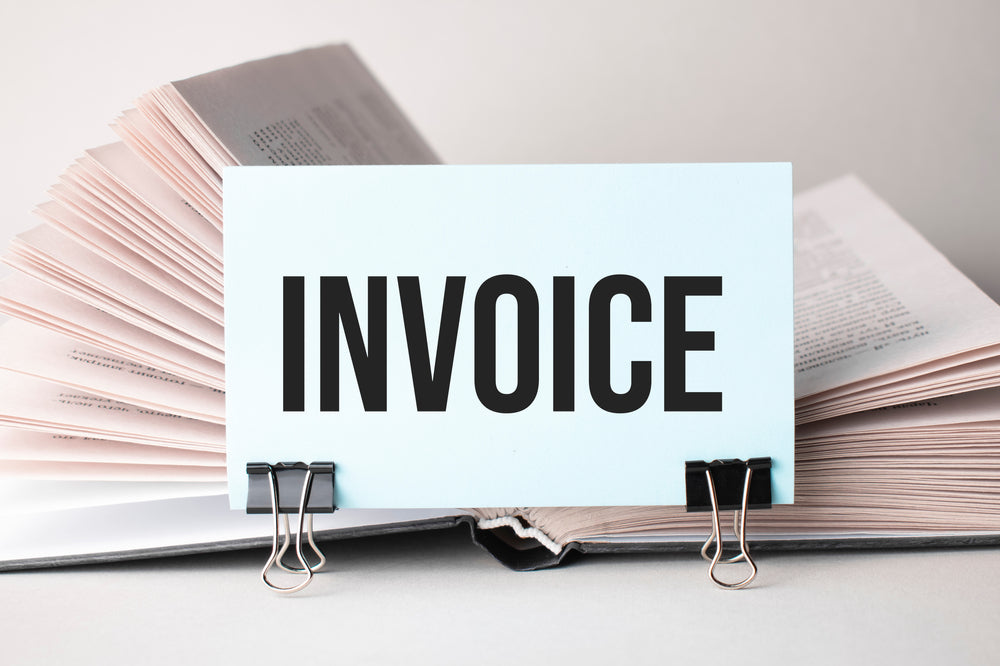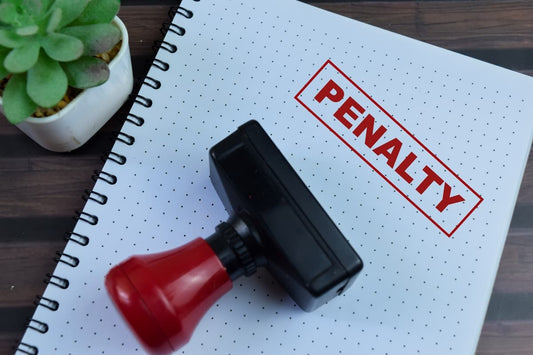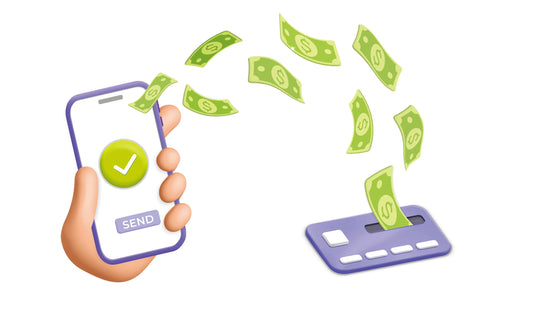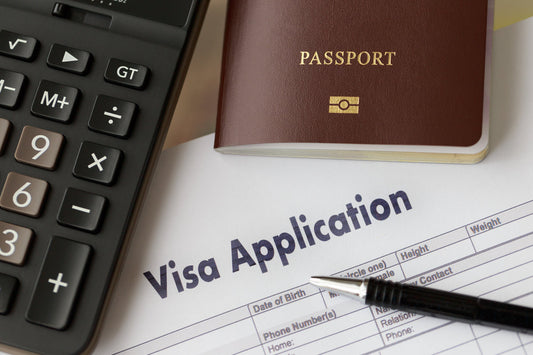
Tax Changes for Small Businesses Under Japan’s Invoice System
Yoshio YamaguchiShare
The consumption tax invoice system officially began on October 1, 2023, marking a significant shift for businesses in Japan, particularly those with sales under 10 million yen.
If you haven't yet taken the necessary steps to comply, it’s not too late. Understanding how these changes impact your business and what actions you need to take is crucial for ensuring ongoing compliance and avoiding potential penalties.
This article will provide the guidance needed to navigate this new system effectively.
Tax Payment Obligation for Businesses
As a basic rule, all individuals and companies conducting business in Japan must file and pay consumption tax returns.
However, businesses with 10 million yen or less in sales before two taxable periods are exempt from tax return obligation. These businesses are classified as tax-exempt businesses, while not-exempt businesses are designated as taxable businesses.
With the introduction of the invoice system, businesses with sales under 10 million yen are expected to file consumption tax returns.
How Consumption Tax Is Calculated
The consumption tax that a business pays to the government is calculated as follows:
- You collect the consumption tax from customers when you sell.
- You pay the consumption tax to vendors when you purchase goods or services.
- The difference between 1 and 2 is the consumption tax that you will pay to the tax office. If it is negative, you can claim tax refund.
This subtraction process is called input tax credit.
Example:
- Total sales (including tax): 9,900,000 yen
- Purchases of goods and services (including tax): 5,500,000 yen
- Consumption tax collected from customers: 900,000 yen (=9,900,000 × 10/110)
- Consumption tax paid to suppliers: 500,000 yen
- Consumption tax to be paid to the tax office: 400,000 yen
As a rule, you must file a consumption tax return and pay 400,000 yen. However, the 400,000 yen payment obligation is exempt if you were a tax-exempt business.
Impact of the Invoice System
The invoice system involves the following:
- Businesses registering for the system are assigned a registration number and can issue qualified invoices with the registration number. Such businesses are known as "qualified-invoice-issuing businesses."
- Registration is not mandatory but optional. when a tax-exempt business obtain registered number, they become a taxable business.
- Businesses must receive invoices from registered qualified-invoice-issuing businesses to apply for input tax credit.
Input tax credit cannot be applied if goods or services are purchased from a non-registered business, leading to a disadvantage.
Example:
If you are not a registered invoice-issuing business, how would your client (Company A), calculates its consumption tax?
- A's sales (including tax) to customers: 9,900,000 yen
- A's purchases of goods and services (including tax) from you: 5,500,000 yen
- Consumption tax collected by Company A from sales: 900,000 yen (= 9,900,000 × 10%/110%)
- Consumption tax paid by Company A to you: 500,000 yen
- Consumption tax to be paid by Company A to the tax office: 900,000 yen - 0 yen = 900,000 yen
Since Company A cannot deduct the 500,000 yen, it faces a disadvantage.
You should consider registering for the invoice system to prevent your clients from facing such disadvantages. Otherwise, they may stop doing business with you.
Note: If your clients are consumers who are not required to file the consumption tax return, they will not suffer a disadvantage even if you are not an invoice-issuing business.
What Happens to Tax-Exempt Businesses?
Registering to an invoice-issuing business means you will no longer be considered a tax-exempt business, even if your sales are below 10 million yen. Registering qualified invoice number, you will be required to file consumption tax returns and pay consumption tax.
|
Pros |
Cons |
|
|
Register |
Your clients can take input tax credit. |
You need to file tax return and pay tax. |
| Not register |
You don't need to file the tax return nor pay tax. |
Your clients can not take input tax credit. |
If you wish to remain a tax-exempt business, you should not register as an invoice-issuing business.
You must decide whether to register as an invoice-issuing business or remain tax-exempt.
Transitional Measures for Purchases from Tax-Exempt Businesses
Even if you purchase goods or services from tax-exempt businesses, the following input tax credit are allowed during the first six years of the system:
- October 1, 2023 – September 30, 2026: 80% deductible
- October 1, 2026 – September 30, 2029: 50% deductible
- After October 1, 2029: no deduction allowed
Conclusion
The introduction of the consumption tax invoice system marks a significant change for businesses in Japan, especially those with sales under 10 million yen. Whether you register as an invoice-issuing business or remain a tax-exempt business depends on your specific circumstances and how the system affects your clients.
Carefully weighing registration's benefits and potential drawbacks is crucial to maintaining strong business relationships and ensuring compliance with the new tax regulations. Evaluate your position and take the necessary steps to adapt to this new landscape.



